How to Revise?

Memory

Your long term memory is a wonderful and peculiar part of your brain. You have a short-term memory and that’s easy to get into. Most of us can revise 10 French words in 20 minutes just before a test, but we’ve forgotten them by the end of the day. Short term means short term. It is possible for you to train your long-term memory.
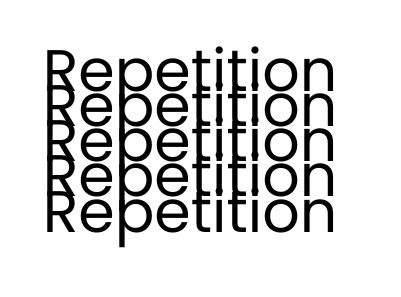
Repetition is key
The more we use information, the more we remember it. That’s why you should have had a problem with the dr’s and dentist’s numbers! You don’t use them often. If we stop using that information, your brain will store it in the far reaches of your brain and it’ll be harder to get at it.
How to Revise.
Rewriting
This is hard work, it takes a long time and uses up a lot of paper.
Copy out the information you need to revise. Each time you copy it out, reduce the amount a little, as though you were making notes. Take out the smaller words and use symbols instead. This is called making notes.
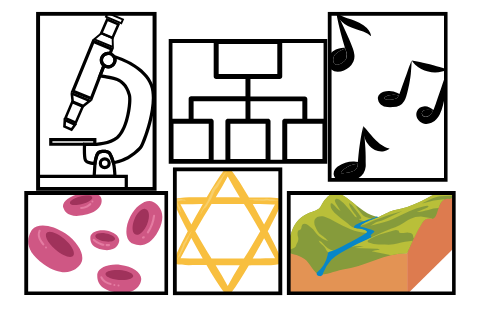
And becomes & or +.
At becomes @.
Germany becomes Ger.
Oxygen becomes O.
For example becomes e.g.
By the time you reach the fifth or sixth time of writing it out, you’ll only have a few words left, but you’ll have all of the information in your memory.
To make this work best, once you have reduced the facts to single words, go back and start turning that data into other formats. (Charts, diagrams….)
Flow Charts

If your information follows a logical path then they can fit into a flow chart.
( steps of an experiment? Growth of a foetus? Chapter of a novel? Events in History)
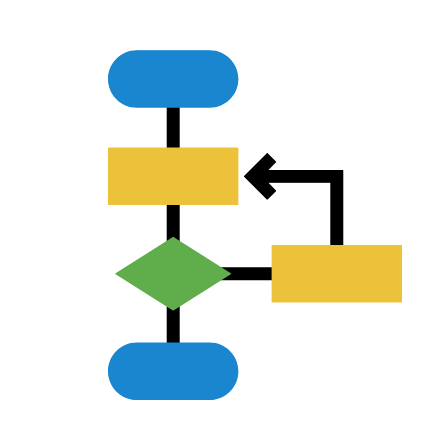
Draw the chart. Copy it out a few times. Add colour. Draw a blank chart and test how much of the chart you can draw from memory.
Stick on the wall and read it aloud every day !
Charts
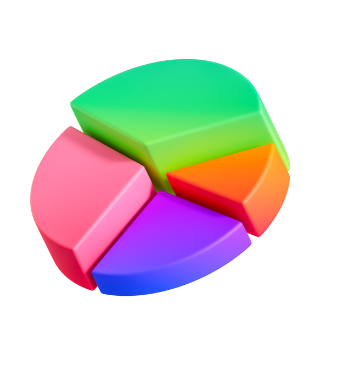
You can form a chart to organise information. If there are numbers involved you could turn it into a line, bar or pie chart.
Spider Diagrams/mind maps
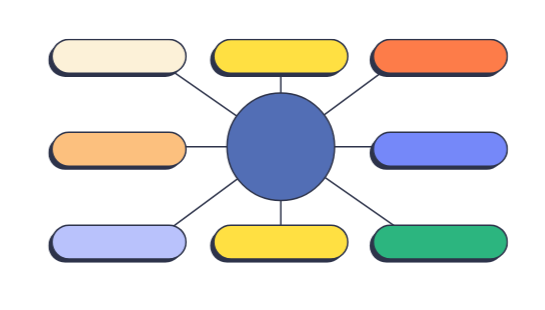
Ideas radiating from central questions. Put the statement or question in the centre of the paper and write possible answers around it, connecting these answers to the central question. You can colour code each bubble to create categories.
Go further. Draw pictures or cut out pictures that illustrate answers and stick them onto the paper.
Rhymes & Letters

Make up your own rhymes, the more silly the more the chance of remembering them !
Never Eat Shredded Wheat = points on a compass in the correct order.
Use this for order of events? The chemicals of something ?
Write these out and say them over and over again!
Colour Coding
Use a different colour for a different theme of revision. E.g In the Cold War, Red could be for Berlin, Blue for Hungary, Yellow for the Conferences etc
Write your revision facts on a card and use coloured paper clips to keep the common ideas together.
Read them every evening.
Highlighters
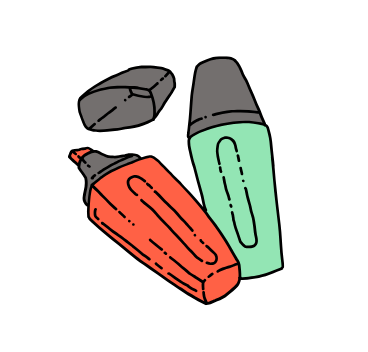
Get copies of things. Download them or print them out. Use a highlighter to ” bring attention to ” those things you need to know or didn’t know already.
Go through all of your notes with a highlighter. Pick out important points in each passage. Copy out the important points you’ve highlighted. You will end up with a few words.
Now write everything you know about those words and compare this to the first piece of work. What did you leave out ?
A Poster
Turn information into a poster! Make it colourful and packed with information you need. Use symbols and pictures. Stick it on your wall and read it daily.
Post-its and memo pads

Write down important facts and stick them them on the wall in front of you. Write loads of stuff on different colour pads for different subjects or themes. Read them everyday !
Test Yourself
Use tests from the revision books, websites and from your teachers. Start with simple tests with one word or simple answers. Mark your tests and see where you went wrong and be proud of the ones you got right!
Ask for past papers or use example questions from revision books or BBC’s Bitesize or revision websites where they show you the answers.
Your teacher
They have spent a lot of time getting you to this point and they still want to help you !

Ask them if you don’t understand something. Ask them for past papers or to check what you have written is right.
Listen to them and follow their advice.
Make sure you know the exam board if looking at past papers.
Make a recording
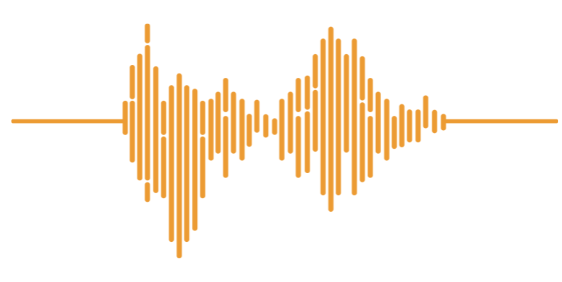
Try taping yourself reading and play it back to yourself over and over again.
Read out loud the main points what you need to revise.
Keywords
Have key words to kick off an idea about the topic you are learning. Create posters out of keywords, even make a story up from key words.

